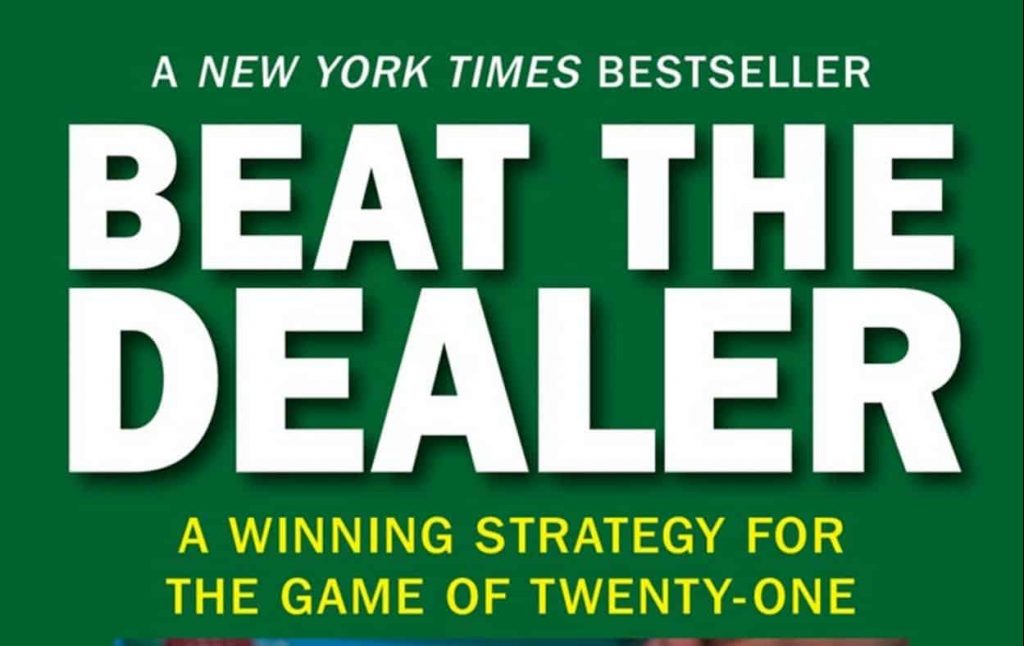
In the early 70’s I read “Beat the Dealer”, written by the mathematician Edward Thorp. Having recently graduated from university with a degree in mathematics, I found the book fascinating. At the time I had access to a large computer mainframe and programmed the computer to duplicate Thorp’s work. Millions of blackjack hands later I was convinced. Thorp was correct. Card counting tilted the game in the player’s favor.
Not long after I found myself in Vegas, having convinced a couple of friends we could make money card counting. And we did, sort of. We also did a lot of partying and barely made expenses. Along the way, we were lucky enough to meet a dealer that set us straight.
We were sitting at a low-stakes table on Fremont at 2 maybe 3 in the morning. Just me and a buddy and the dealer when a good-looking gal sits down. She makes 3 bets in a row, all with hundred-dollar bills. She hits 3 winners. Each time gets paid off with $100 chips, then leaves the table.
We are pretty green. My buddy and I are in our early 20’s. But we aren’t that green. So we start talking to the dealer. After a while, he opens up and gives us the straight goods. He never does tell us about the gal more than a wink, but instead tells us about gambling.
Sure the dealer knows we are card counting. And if we started winning the casino would shut us down. And he tells us the many ways they can go about it. And proceeds to show us how he can mechanic the deck, correctly calling 3 cards in a row before he turns them over. But since we are just breaking even, young guys mostly flirting with the gals bringing around the free drinks, no one cares.
We are keeping his table open which is good for business late at night. If we start losing he knows we will leave. If he starts losing the pit boss will pull him. So long as we stay about even play will continue.
This pretty much confirmed what we had already found. In the higher stakes tables we had been playing, whenever we got on a roll, the pit boss would call for a dealer change. We learned that we had to fold up at that point, otherwise we would start losing. So we never could get up big.
Coupled with that, card counting was hard work. It was easy to make a mistake that tilted the odds back to the house. Seeing the writing on the wall, it was apparent that the odds were only half the story. Even if the odds were in your favor, the House will not let you win.
Soon afterward the guys from MIT got busted big-time card counting and the casinos went to multi-deck shoes all but eliminating any advantage for card counting. The risks were simply too great, the odds too slim.
So indirectly, Thorp taught me a valuable lesson. A winning strategy does not guarantee success. The person across the table from you would rather change the rules or cheat rather than lose. A big part of the reason I went sailing a decade later was exactly that. Inflation, wage, and price controls had changed the rules. The government was running a crooked game and the longer I stayed in the more I stood to lose.
“If the American people ever allow private banks to control the issue of their currency, first by inflation, then by deflation, the banks and corporations that will grow up around them will deprive the people of all property until their children wake up homeless on the continent their Fathers conquered.”
Thomas Jefferson
I found this post “Beat The Dealer” to be incredibly informative and well-researched. The author’s attention to detail and inclusion of relevant examples truly enhances the content and makes it engaging to read.